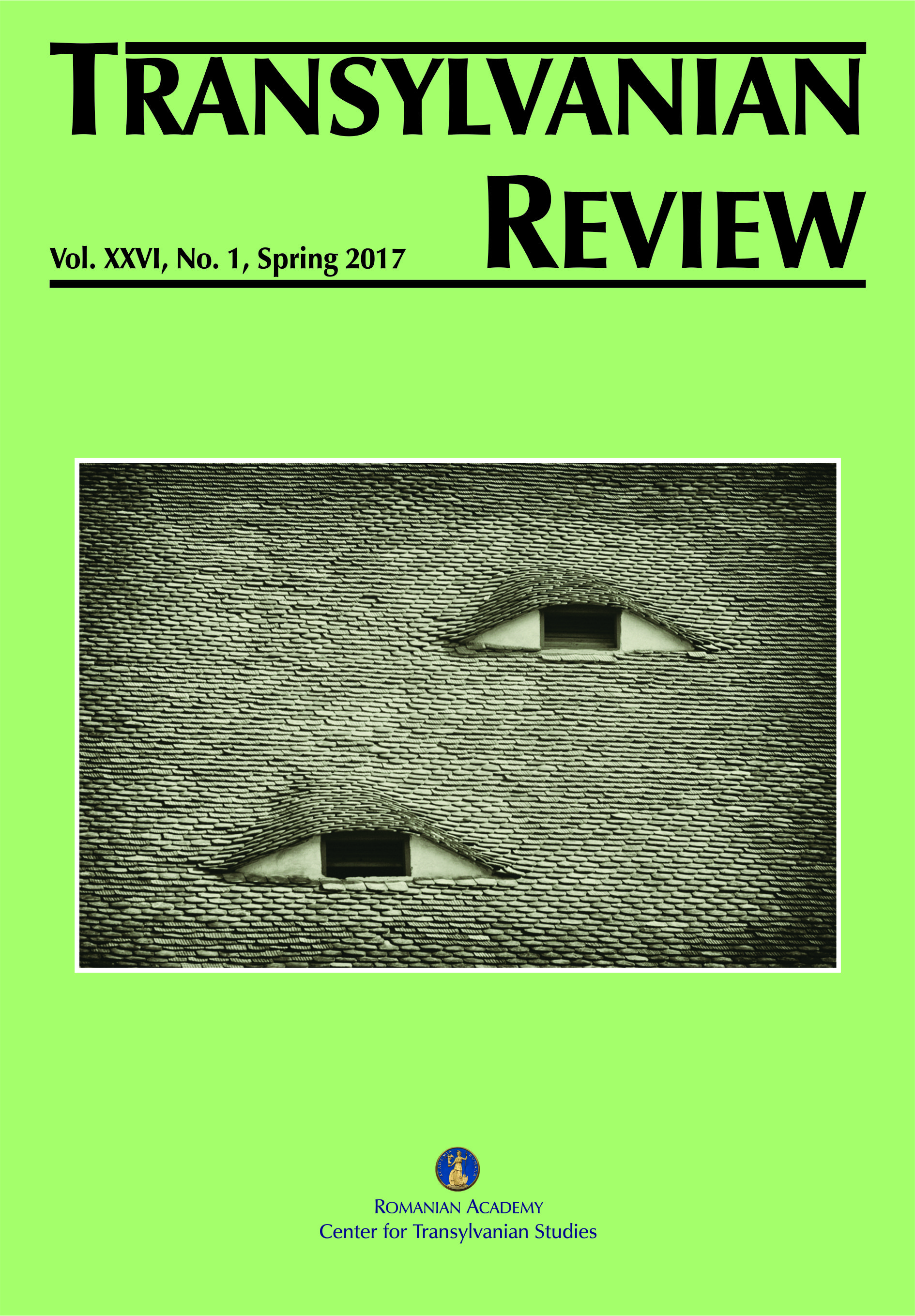The Role of Social Participants in the Evaluation of Teachers at Universities in Serbia
The Role of Social Participants in the Evaluation of Teachers at Universities in Serbia
Author(s): Nebojsa PavlovicSubject(s): Social Sciences
Published by: Academia Română – Centrul de Studii Transilvane
Keywords: evaluation of teachers’ work; faculty; social participants; teachers; students
Summary/Abstract: The subject of this work is the evaluation of faculty members’ work. The obligation to evaluate the work of academic staff since the introduction of the Bologna reforms in higher education has caused different reactions from faculty members. The consideration that evaluation can be seen as a solution for issues on the quality of work in faculties was not justified. The aim of this qualitative research is to provide information on the evaluation of the academic staff in Serbia in order to discover if it can be useful for teachers and effective for the improvement of the quality of their work. The research is descriptive and mostly qualitative. Also, it was conducted at all five national universities in Serbia, where teachers (437) were interviewed via a semi-structured interview. They explained how their work is valued in the institutions where they are employed. One question was related to the method of evaluation in their universities. They were asked to offer their suggestions and leave comments. The analysis of their statements revealed numerous deficiencies in the evaluation of teachers’ work. The teachers offered suggestions for the improvement of value processes which, in to their opinion, should lead to better quality of work in higher education institutions. The conclusion is that the evaluation of teachers’ work is one of the weakest parts of the Bologna reforms. More than half of the teachers claimed that the present model of evaluation has no significance or importance for them. The improvement of teachers’ work evaluation would lead to the creation of new models for this kind of evaluation.
Journal: Transylvanian Review
- Issue Year: XXVI/2017
- Issue No: 01
- Page Range: 74-89
- Page Count: 16
- Language: English

